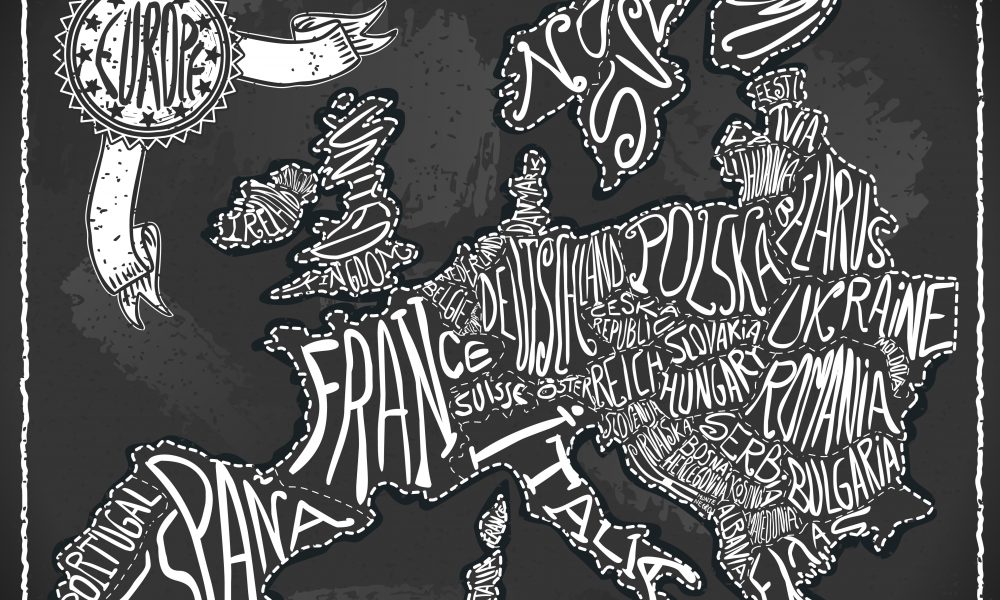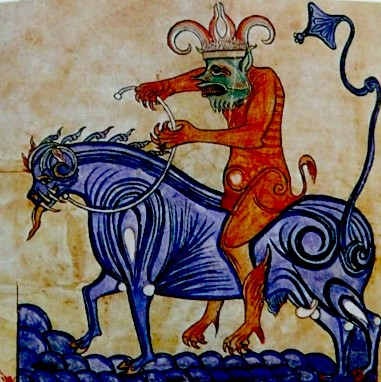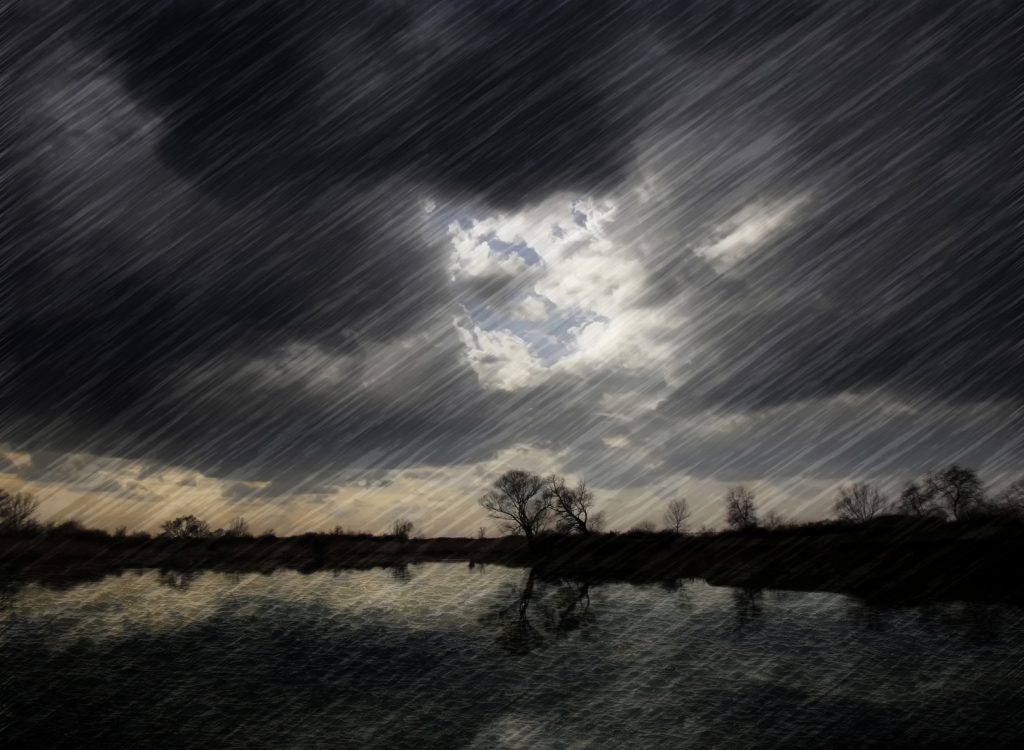
1030 AD to 1050 AD, Psalm 99: Europe
This site was first built in French (see www.147thgeneration.net). The English translation was mainly done using « google translation ». We have tried to correct the result of this translation to avoid interpretation errors. However, it is likely that there are unsatisfactory translations, do not hesitate to communicate them to us for correction.
(for that click on this paragraph)
Summary
This generation of the 1030s and 1040s.
According to our count, this generation is the 99th generation associated with Psalm 99. It is in this Psalm 99 that we therefore find an illustration of the facts of this generation.
The explosion of the Umayyad empire in Spain is the starting point of the Christian reconquest which will take several centuries. The decline of Byzantium started already to the previous generation continues, Byzantium must face the push of the Turks.
This generation is a pivotal generation for the West, because in terms of faith, the end of the world did not take place. The approach of the year 1000 is accompanied by an apprehension which is inspired by the XX chapter of the Apocalypse of Saint John: « at the end of a thousand years during which it will have been chained, the Antichrist will arise and the evil will invade the world.
As to prove right the text of Saint John, the unfortunate events succeed between 980 and 1030. The paroxysm is reached in the years 1030-1032, where the famine ravages a part of Europe. The political events themselves suggest that the Antichrist is at work: in 997, al-Mansur destroyed Santiago de Compostela: in Egypt, the Caliph al-Hakam inaugurates a policy against Christianity and destroys the Holy Sepulcher of Jerusalem. Persuaded of the imminence of the coming of Christ on earth, called Parousia by theologians, bands of pilgrims set out for Jerusalem, hoping to die there or to be present at the coming of Christ.
And yet, no more than the year 1000 the year 1033 (a thousand years after the death of Christ) brings Parousia or end of the world. A feeling of relief then seizes everyone. A frenzy of construction animates the Christian people, and life regains its rights. A great movement of expansion animates the West from the beginning of the eleventh century to the middle of the thirteenth century.
In relation to the count we have made, from Solomon’s death to today, it is about 3,000 years that have passed. In fact 3 almost millennia that we have identified as “night watches”, 3 watches. Compared to this count, the interpretation of Revelation by Christians on the eve of this generation is not completely without foundation. A millennium has just ended, that corresponding to the forty-nine generations of the second watch of the night. This watch began with the destruction of the second temple and the start of exile in a completely pagan world. This second watch ends in a monotheistic World, everyone of the known World whether at the ends of Europe and the Middle East is either under the sway of Christianity or under the sway of Islam.
The new millennium opening up to this generation corresponds to the third watch of the night. This new millennium, which corresponds to the third watch of the night, opens with the true birth of Christian Europe, a Europe that will dominate the world culturally and politically throughout this night’s watch. The Jews will find their place in this new Europe, but they will pay dearly throughout the generations that will succeed this one. If Europe feared before this generation the advent of the antichrist, she herself will play this role for the true elect of God, the Jewish people, during the third watch of the night.
Talk
The Antichrist
The fall of the Umayyad Caliphate, leads to the outbreak of Muslim taifas but is also the signal for the Christian reconquest. The rise of the kingdoms of northern Spain had largely been neutralized since the advent of Spain’s Umayyads through incessant military campaigns led by a powerful Muslim central power. The disappearance of this central power gradually releases the Christian power constrained for generations.
For the rest of the nascent West, this generation does not see great political upheavals, the first Capetians try to establish their power but it will still be a few generations before a real king emerges. Same status quo in England, Germany, Italy and the new Eastern Kingdoms.
The explosion of the Umayyad empire in Spain is the starting point of the Christian reconquest which will take several centuries. The decline of Byzantium started already to the previous generation continues, Byzantium must face the push of the Turks. Despite this, this generation is a pivotal generation for the West, because in terms of faith, the end of the world did not take place:
- Between [1] 980 AD and 1030 AD, the West lives a confused period, where fear and hope mingle. But, after having overcome his fears, he knows a prodigious rise during which is set up medieval society.

- The approach of the year 1000 is accompanied by an apprehension which is inspired by the XX chapter of the Apocalypse of Saint John: « at the end of a thousand years during which it will have been chained, the Antichrist will arise and the evil will invade the world, then the sky will open for the return of Christ in glory, judging the living and the dead « . For the population of the time, it is necessary to be ready for this day and watch for the warning signs. But, the fateful date having been crossed without damage, the contemporaries postpone their fears and their hopes on the year 1033, held for the millennium of the Passion of Christ […]


- As to prove right the text of Saint John, the unfortunate events succeed between 980 and 1030: torrential rains, endless winters, floods, plagues of locusts cause drought and famines. At the same time the births of monsters multiply. The paroxysm is reached in the years 1030-1032, where the famine ravages a part of Europe; people feed on roots and herbs, mix white clay with their flour and the chronicler Raoul Glaber reports cases of anthropophagy. At other times, it is the disease that decimates the population. Passages of comets, eclipses of sun, fights of stars, moons of blood, falls of meteorites, appearance of dragons in the sky accompany the misfortunes of the time. The political events themselves suggest that the Antichrist is at work: in 997, al-Mansur destroyed Santiago de Compostela: in Egypt, the Caliph al-Hakam inaugurates a policy against Christianity and destroys the Holy Sepulcher of Jerusalem .
- Persuaded of the imminence of the coming of Christ on earth, called Parousia by theologians, bands of pilgrims set out for Jerusalem, hoping to die there or to be present at the coming of Christ. The Church itself seems carried away by the turmoil.
This generation, the first of the last guard of the night, has aspects of the end of the world.
For the nascent Europe, this sets off a new era of spiritual pursuit with, in particular, a refocusing of faith around the Holy Land around Jerusalem.
This is what the beginning of the Psalm of this generation expresses:

- L’Éternel règne : les nations tremblent ; il siège sur les Chérubins : la terre vacille.
- L’Éternel est grand dans Sion, élevé bien au-dessus de toutes les nations.
- Qu’on rende hommage à ton nom grand et redoutable : Il est saint !
The end of the world does not take place
This end of the announced world will not take place, at least not as expected:
- And yet [2], no more than the year 1000 the year 1033 brings Parousia or end of the world. A feeling of relief then seizes everyone. A frenzy of construction animates the Christian people, and life regains its rights. A great movement of expansion animates the West from the beginning of the eleventh century to the middle of the thirteenth century.
Night watches
The buttons below take you to the following pages which are essential to understand the references made to the various « night watches » in the following:
– Shavuot
– 930 BC to 50 AD: First Watch of the night
– 50 AD to 1030 AD : Second Watch of the night
– 1030 AD to 2030 AD : the Third Watch of the Night
In fact the interpretation of the Apocalypse by the Christians on the eve of this generation is not completely unfounded. A millennium has just ended, the forty-nine generations of the second watch of the night. This watch began with the destruction of the second temple and the beginning of exile in a completely pagan world.
This second watch ends on a monotheistic world, everyone of the known world that it is at the ends of Europe and the Middle East is either under the influence of Christianity or under the influence of Islam.
During this second watch, the Jews suffered competition from the emerging sister religions especially on the ideological level. This new millennium, which corresponds to the third watch of the night, opens with the true birth of Christian Europe, a Europe that will dominate the world culturally and politically throughout this night’s watch. The Jews will find their place in this new Europe, but they will pay dearly throughout the generations that will succeed this one. If Europe feared before this generation the advent of the antichrist, she herself will play this role for the true elect of God, the Jewish people, during the third watch of the night.
Thus in Revelation we find the following passage relating to the access of nations to the knowledge of God:
- After this I looked [3], and there before me was a great multitude that no one could count, from every nation, tribe, people and language, standing before the throne and before the Lamb. They were wearing white robes and were holding palm branches in their hands.
- And they cried out in a loud voice: “Salvation belongs to our God, who sits on the throne, and to the Lamb.”
- (…)
- Then one of the elders asked me, “These in white robes—who are they, and where did they come from?”
- I answered, “Sir, you know.” And he said, “These are they who have come out of the great tribulation; they have washed their robes and made them white in the blood of the Lamb.
- Therefore,“they are before the throne of God and serve him day and night in his temple; and he who sits on the throne will shelter them with his presence.
This access to the throne of God is through the blood of the Lamb and refers to the palms that are the symbol of the Sukkot holiday.
During Pesach, seven sheep are sacrificed every day [4], making a total of forty-nine sheep. In the image of the forty-nine curses evoked in Leviticus, like the forty-nine generations of curse between the death of Solomon and the destruction of the second Temple.
During the Feast of Succot, fourteen sheep are sacrificed every day, making a total of ninety-eight sheep [5]. Like the ninety-eight curses evoked in Deuteronomy, like the ninety-eight generations of curse between the destruction of the Second Temple and the final redemption of the people of Israel.
If the Feast of Pesach, and its forty-nine sacrifices, corresponds to the first watch of the night, the feast of Sukkot and his ninety-eight sacrifices corresponds to the last two watches of the night, those of exile . His ninety-eight sacrificed sheep are forty-nine who have been sacrificed in the watch of the night which is coming to an end and forty-nine in the watch which is beginning with this generation.
The Jewish people, comparable to sheep, have largely paid with their sacrifice each generation of the previous millennium for the nations to come closer to the divine throne in adhering to the two new monotheistic religions that are Christianity and Islam.
His mission is not over, during the millennium that begins, the Jews will be sacrificed to each generation so that nations can gradually distinguish between good and evil, and rank on the side of good and justice.
This is what is said in the rest of the psalm, recalling that the chosen people who alone have been in contact with God can be the guide to the divine way:

- And the might of the King who loves judgment; You founded equity; judgment and righteousness You made in Jacob.
- Justice, the goal to be attained in this last watch of the night is clearly announced, as is the role of the Jewish people (Jacob) in this quest.
- Exalt the Lord our God and prostrate yourselves to His footstool, it is holy.
- This is the message addressed to the nations.
- Moses and Aaron among His priests, and Samuel among those who call in His name, would call out to the Lord, and He would answer them.
- In a pillar of cloud He would speak to them; they kept His testimonies and the statutes He gave them.
- The privileged bond between God and his people through his prophets is here recalled with the goal to be attained, the respect of the law, the only effective instrument to establish justice between men.
- O Lord, Our God, You answered them; You were a forgiving God for them but vengeful for their misdeeds.
- The psalm recalls that the way is not easy to reach, and that the Jewish people who have tried it have already paid the price.
- Exalt the Lord our God and prostrate yourselves to the mount of His sanctuary, for the Lord our God is holy.
- The final message of the psalm recalls the final goal of this last guard of the night when Jerusalem will become the capital of a unified and peaceful world.

[1] (Preface by) Georges Duby: « A history of the medieval world ». Chapter: « The new millennium between fears and hopes – (980-1050) ». (French: « Une histoire du monde médiéval ». Chapitre : « Le nouveau millénaire entre peurs et espoirs – (980-1050) ». (p. 175-176) ).
[2] (Preface by) Georges Duby: « A history of the medieval world ». Chapter: « The new millennium between fears and hopes – (980-1050) ». (French: « Une histoire du monde médiéval ». Chapitre : « Le nouveau millénaire entre peurs et espoirs – (980-1050) ». (p. 176) ).
[3] Revelation 7, chapter 7, verses 9, 10, 13, 14 and 15
[4] According to: Bereishit – Genesis – Chapter 28, verses 16 to 25
[5] According to: Bereishit – Genesis – Chapter 29, verses 12 to 34


